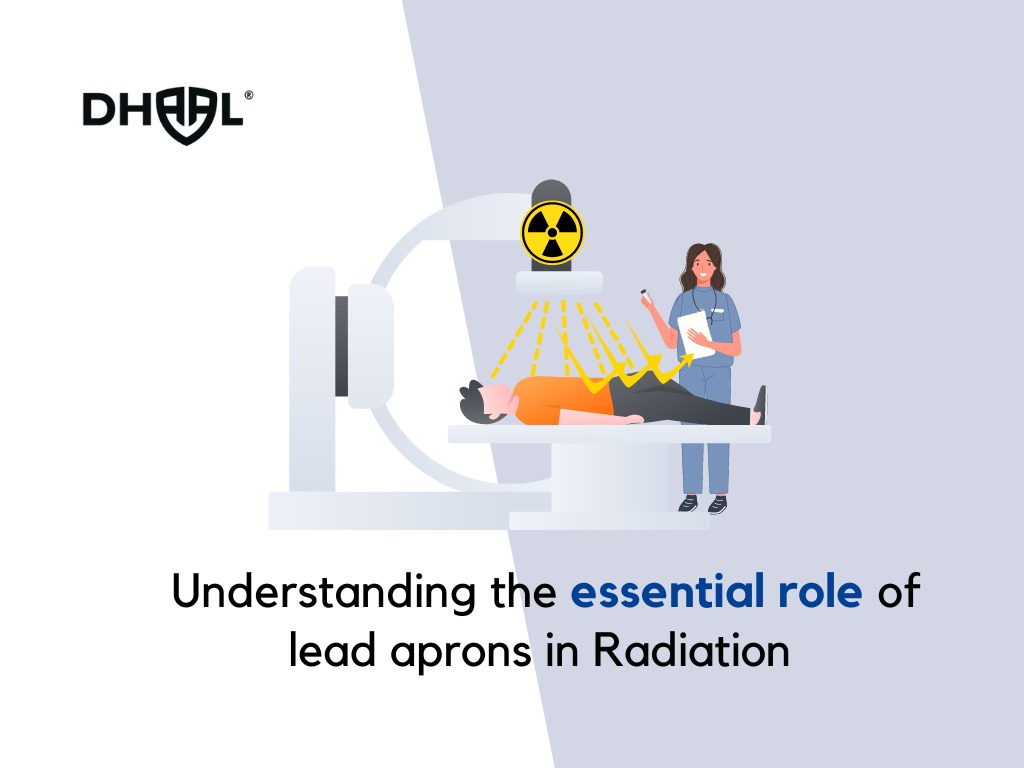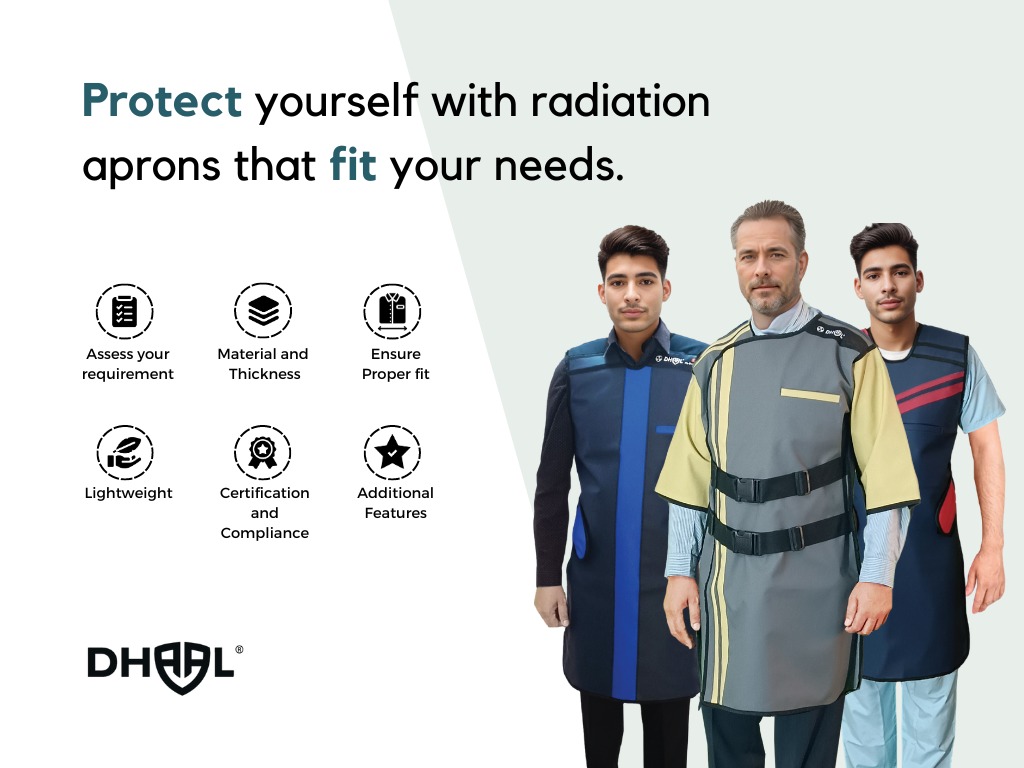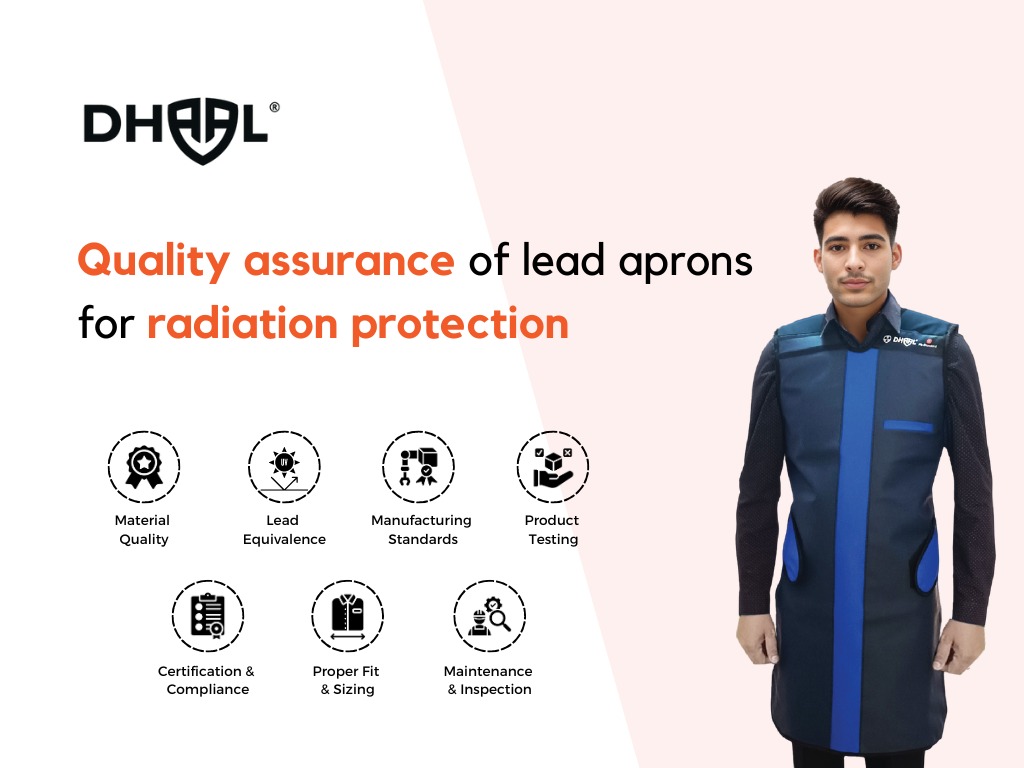
Lead aprons play a critical role in radiation protection, particularly in medical settings where exposure to radiation is common. Here’s a breakdown of their essential role:
- Shielding Against Radiation: Lead aprons are primarily used to shield the body from ionizing radiation during medical procedures such as X-rays, CT scans, and fluoroscopy. Lead is a dense material that effectively blocks ionizing radiation, thereby reducing exposure to sensitive organs and tissues.
- Protection for Medical Personnel: Healthcare workers, including radiologists, radiologic technologists, and nurses, are exposed to radiation regularly while performing diagnostic and interventional procedures. Lead aprons provide essential protection for these personnel, reducing their risk of radiation-induced health problems such as cancer and genetic mutations.
- Patient Safety: Frontal Protection Lead aprons are also used to protect patients undergoing medical imaging procedures. While patients may not be exposed to radiation as frequently as healthcare workers, shielding vulnerable areas of their bodies during imaging exams helps minimize unnecessary radiation exposure.
- Versatility and Comfort: Lead Free thyroid aprons come in various styles and sizes to accommodate different body types and procedural requirements. They are typically designed to be lightweight and flexible, allowing healthcare workers to move comfortably while wearing them. Some full wrap coat aprons are equipped with adjustable straps and ergonomic features to enhance comfort during prolonged use.
- Regulatory Compliance: Regulatory agencies, such as the U.S. Food and Drug Administration (FDA) and the Occupational Safety and Health Administration (OSHA), impose strict guidelines regarding radiation safety in healthcare facilities. The use of lead aprons is often mandated to ensure compliance with these regulations and to uphold the highest standards of patient and worker safety.
- Quality Assurance: Regular inspection and maintenance of lead aprons are essential to ensure their effectiveness in radiation protection. Healthcare facilities should implement quality assurance programs to monitor the condition of aprons, including inspections for signs of wear and tear, cracks, or defects that could compromise their shielding properties.
Overall, lead aprons are indispensable tools in safeguarding both healthcare workers and patients from the harmful effects of ionizing radiation. Their proper use and maintenance are vital components of a comprehensive radiation safety program in medical settings.



